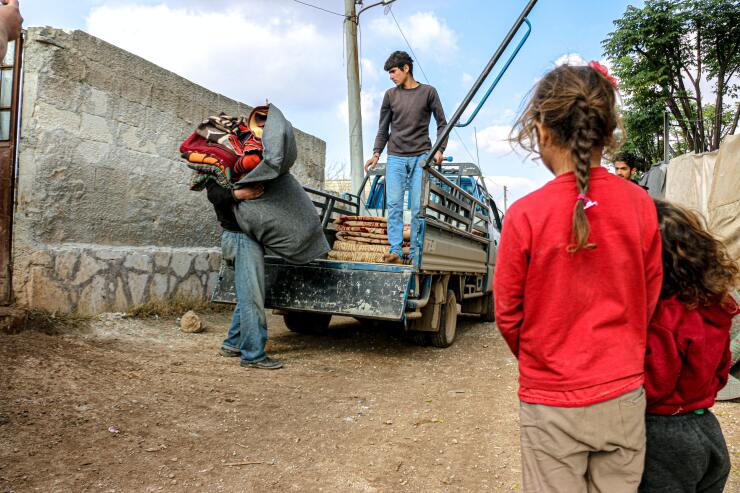Employers are quick to preach diversity initiatives, but are those initiatives taking into account
In 2022, more than 100 million individuals
The goal, according to Oyster’s co-founder Jack Mardack, was to create a means for companies to hire refugees without the logistical hurdles that get in the way. Oyster will oversee hiring, onboarding, pay and benefits at no cost to the employer.
Read More:
“Some people win the lottery of location and get born into places where they can have the career of their dreams — but some people don't get that,” Mardack says. “Oyster for Refugees is looking at the folks where getting a job is a far away possibility because of their circumstances.”
The program is available in 180 countries currently dealing with high volumes of displaced or refugee talent, including Poland, Turkey, Colombia, Jordan, Lebanon, Pakistan, Germany and Bangladesh. Most recently, the platform has worked to place employees involved in the war in Ukraine, all the way back to the ongoing
The idea is to get workers who’ve been displaced or have forcibly left their countries of origin connected to positions in the countries where they are now. Oyster has also partnered with Niya.ai, an employment platform focused on diversity recruitment, to match employees in need of jobs.
Read More:
“We have solved building the bridge [for refugees], but now we need the people to cross the bridge,” Mardack says. “Naya is our talent partner and their services are specifically focused on connecting talented people who happened to be in a refugee displaced situation.”
“When a company is able to show a diversity in its workforce, it means that those systemic forces that had been keeping some people out have been counteracted by that company,” Mardack says. “And more companies need to see that as a triumph unto itself.”






